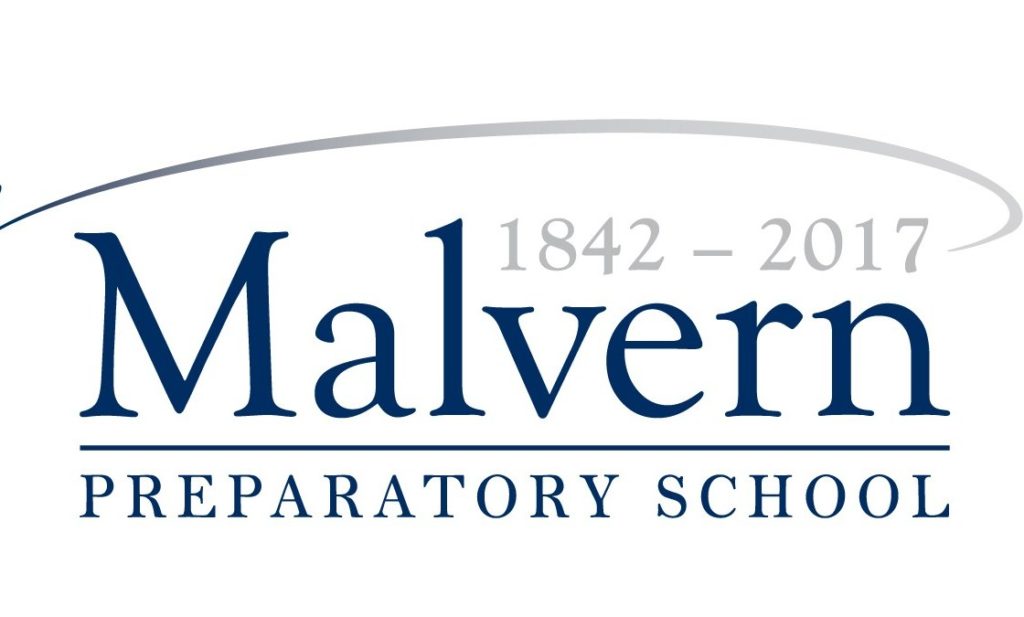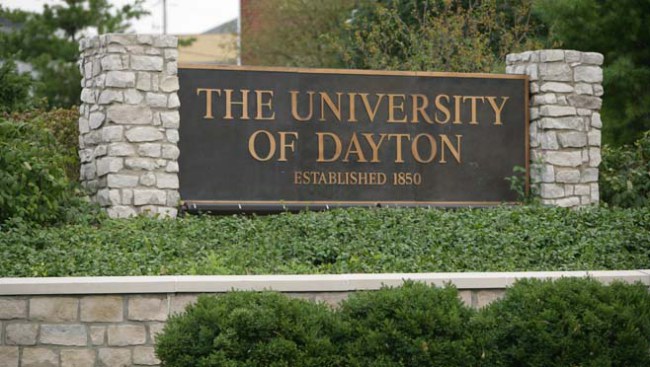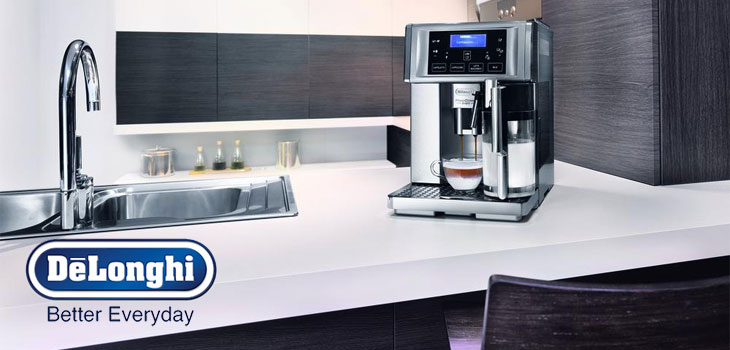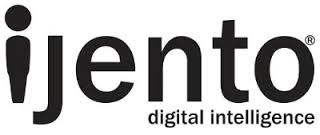Optimizing Business Performance With Predictive Analytics

Image Credit: Business Insider
BACKGROUND
Aramark Corporation is a Philadelphia-based provider of food, uniform, and facilities services to organizations in a wide range of industries, including education, healthcare, business and entertainment. In the education sector, Aramark is well-known for providing retail and residential food services on hundreds of college campuses, typically in the form of dining hall meal plans and retail food courts. Like many collegiate foodservice providers, the bulk of Aramark’s revenue is generated by dining hall meal plans, which it provides on over 280 college campuses across the United States and Canada.
Since every collegiate institution is unique, each offers its own unique combination of “all-you-care to eat” meal plans and declining balance debit accounts. As a result, Aramark processes a highly complex array of student meal transactions across the accounts it serves, which generates an equally large and complex financial data set.
Given the importance of residential dining programs to Aramark’s growth and profitability, the company sought to use its vast store of transaction data to optimize its meal plan and declining balance offerings by identifying controllable characteristics that maximize account performance. In addition, those insights would need to be converted into an operational tool that each account team could use to enhance their residential dining program.
SOLUTION
To address these needs, the Fidelum Partners analytics team utilized the following four-step business optimization process:
Step 1: Data Collection & Standardization: To expand and standardize the range of variables to be analyzed, two distinct but complementary sources of account data were combined into a single comprehensive data set. Naturally, Aramark’s residential dining program database provided the structural data foundation, but this was appended with variables from the Independent Postsecondary Education Data System (IPEDS), which are collected annually by the National Center for Education Statistics. Doing so provided a standardized set of institution profile variables, such as enrollment, on-campus residents and geographic locale that could be factored into the optimization analysis. Once integrated, the data set was normalized and validated to prepare it for in-depth analysis.
Step 2: Hypothesis-Driven Data Analysis: To guide the optimization analysis, the analytics team developed a wide range of hypotheses on the potential drivers of meal plan and account performance. Some of these were based on Aramark’s experience and beliefs regarding meal plan effectiveness, while others were generated through statistical analysis by Fidelum Partners. Interestingly, the analysis confirmed some of Aramark’s traditional beliefs on meal plan design, while others were revealed to be off target. For instance, meal plan equivalency (the option to make retail food purchases on campus with a dining hall card) was found to be a critical variable in program design. Moreover, the predictive analysis identified a series program and institution variables that were highly predictive of enrollment and revenue across all accounts.
Step 3: Meal Plan Scorecard Tool Development: Next, these valuable program insights would need to be converted into a managerial tool that would enable business optimization at the account level. To accomplish this, Fidelum Partners utilized tree-based regression to design and develop a Meal Plan Scorecard that calculates a relative performance score for each Aramark account based on the characteristics of their residential dining programs. The maximum possible performance score is 100 and points are subtracted for each meal plan element that falls outside the optimal range identified by the predictive analysis.
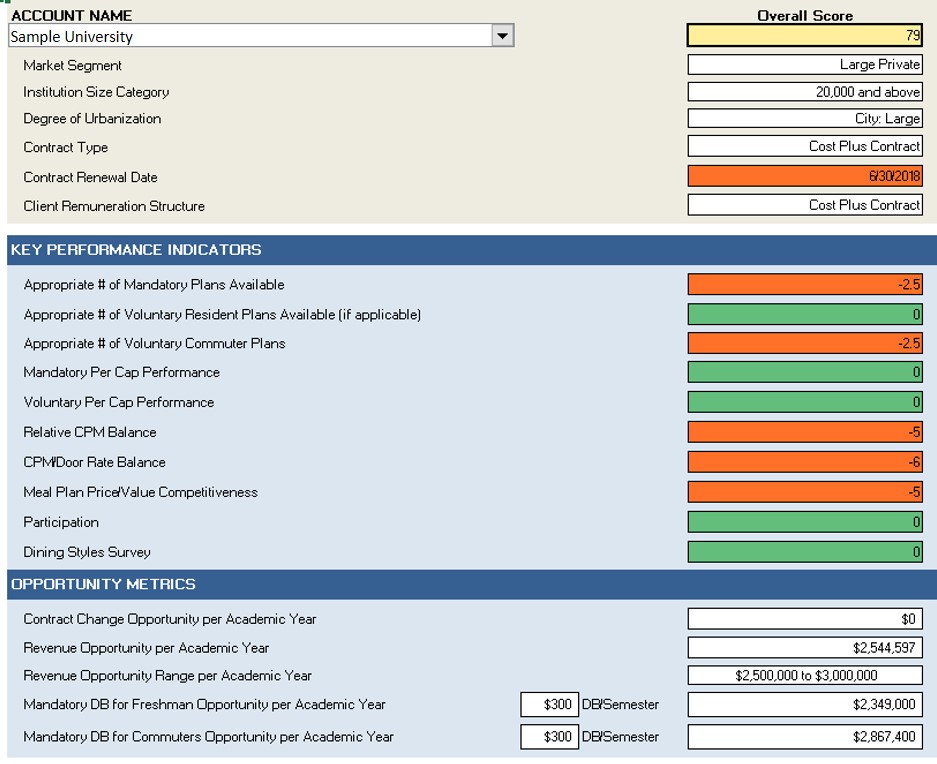
In addition, the Meal Plan Scorecard also estimates the potential revenue gain the account can achieve by adjusting different elements of their residential dining programs. This Excelbased scorecard tool also includes data for all Aramark accounts, so front-line managers are able to compare their scores with peer institutions and justify program changes with their university clients.
Step 4: Scorecard Updates & Refinements: Following its original rollout in 2013, Fidelum Partners has updated Aramark’s Meal Plan Scorecard with new program data following each academic semester. In addition, the functionality of the tool has been enhanced and refined periodically based on user feedback. This continuous process of updates and improvements ensures that Aramark’s business optimization efforts are supported by the latest data and highly actionable tools.
BUSINESS IMPACT
The Meal Plan Scorecard has been enthusiastically received by Aramark management, account teams and university clients. It has become a valuable business optimization tool and has helped Aramark achieve significant progress in growing the enrollment and profitability of its residential dining programs.
“Fidelum Partners extracted valuable insights from a large and complex data set, while also creating a useful tool that helps us optimize our business performance. I would strongly recommend them to others facing similar challenges.”
Karen Parker
Vice President of Marketing and Channel Growth
Aramark Higher Education







